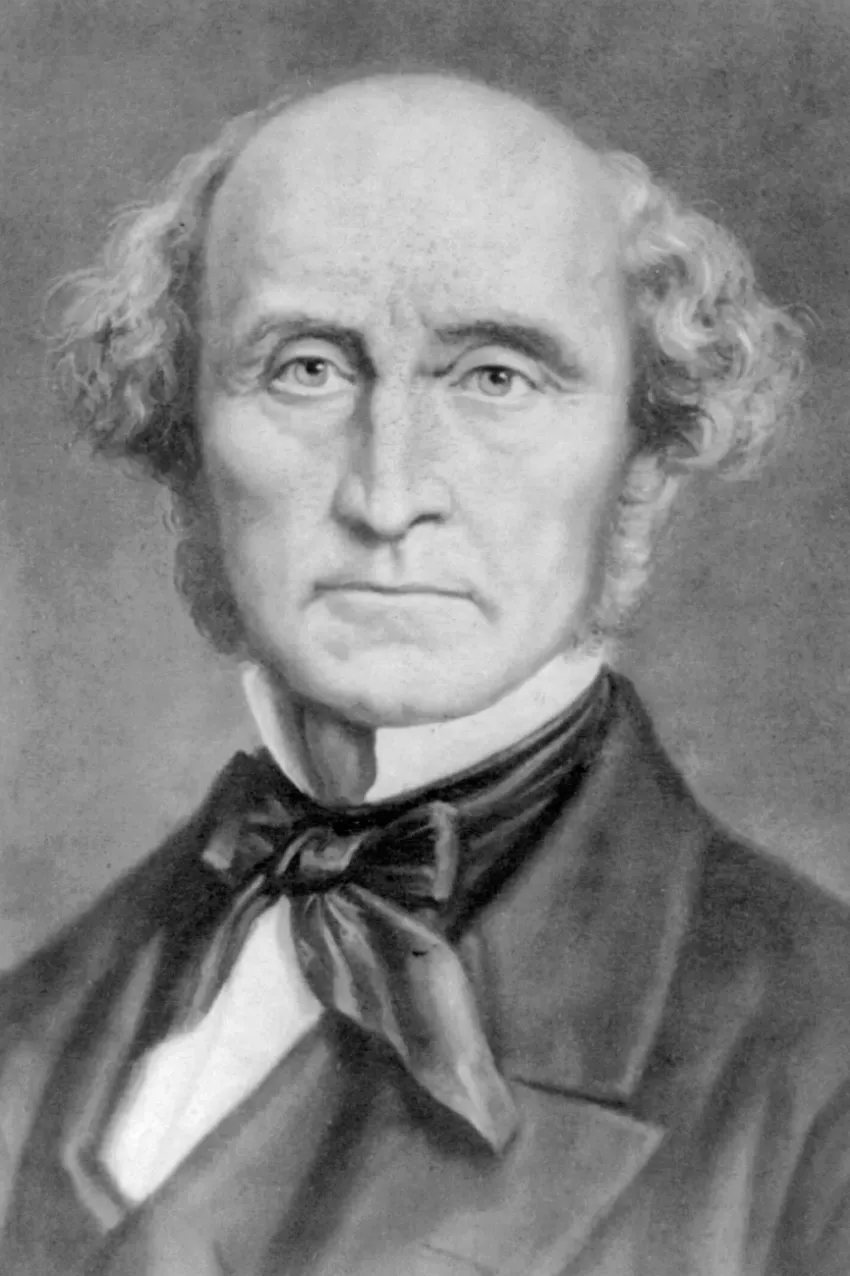
Personal info
Known for
Ultimate Talent
Gender
Male
Birthday
20 May
Location
England, United Kingdom
Edit pageJohn Stuart Mill
Biography
John Stuart Mill (1806–1873) was a British philosopher, economist, and social reformer, known as one of the most influential thinkers of the 19th century. Born in London, he was the son of philosopher and economist James Mill, who educated him rigorously from an early age. By the age of fourteen, Mill was already well-versed in Greek philosophy, political economy, and logic—a foundation that shaped his lifelong intellectual pursuits.
Mill became a leading advocate of utilitarianism, a moral theory originally developed by Jeremy Bentham, which holds that actions are right if they promote the greatest happiness for the greatest number. In his work Utilitarianism (1863), Mill expanded on this idea, emphasizing the quality of pleasures rather than merely their quantity, introducing a more humanistic and ethical dimension to the theory.
He was also a passionate defender of individual liberty. In his landmark essay On Liberty (1859), Mill argued that freedom of thought, speech, and action are essential for human progress and the development of individuality, so long as they do not harm others. His ideas became foundational to modern liberal democracy and civil rights.
Mill made major contributions to political economy as well, particularly through his work Principles of Political Economy (1848), which blended classical economics with social reform. He supported women’s rights and gender equality, writing The Subjection of Women (1869), one of the earliest philosophical defenses of women’s suffrage and equality.
Throughout his life, Mill combined intellectual rigor with moral passion. His writings on liberty, ethics, and social justice continue to inspire debates on democracy, human rights, and the role of government in society. John Stuart Mill remains a central figure in the history of philosophy and a champion of reason, equality, and freedom.